I Know Someone Who Was Sexually Assaulted
If someone discloses to you that they have been sexually assaulted or abused, know that they have trusted you, and the most important thing you can do is to listen, believe them, and support whatever they choose to do.
On this page, you will find information on what to do if someone discloses an experience of sexual assault or abuse to you. Use the boxes below to jump to the section relevant to you.
Disclosures from adults (over 18)
Disclosures from children (under 18)
What to Do When An Adult? (Over 18) Discloses
Whether the experience happened recently or a long time ago, the following points can be helpful in guiding your response to a disclosure of sexual assault or abuse. If you would like to talk to someone about how to respond to a disclosure or about how receiving a disclosure has impacted you, call the SACE Support and Information Line from 9 a.m. to 9 p.m. daily.
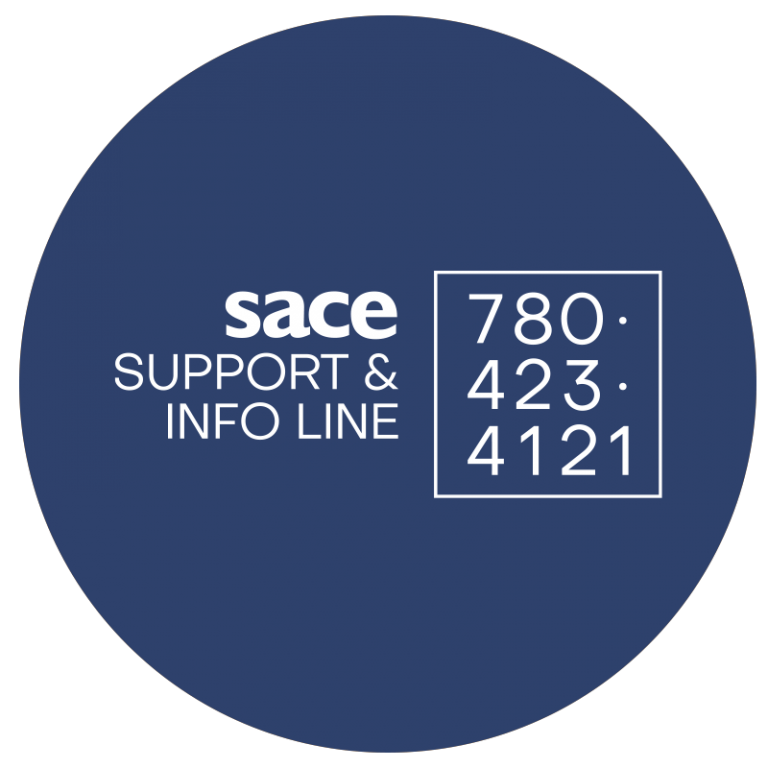
Listen
Listening without judgement can help people to feel comfortable, safe, and supported. Don’t try to feed fears, minimize concerns, or solve problems. Just “be there” and let them know you’re there to listen and support them.
- Allow the person space to say as much or as little as they want by being patient and allowing natural silences to happen.
- Avoid asking questions, especially about details of what happened. If you need to ask a question, avoid starting it with the word “why” as these questions can make people feel like they are being judged.
Believe
Even if they sometimes doubt themselves, even if their memories are vague, even if what they tell you sounds too extreme, believe them. People don’t make up stories of sexual abuse or assault. Let them know that you are open to hearing anything they wish to share, and that although it’s painful and upsetting, you are willing to enter those difficult places with them and to receive their words with respect. Some phrases you can use include:
- “I’m sorry that happened to you.”
- “I’m glad you told me.”
- “I believe you.”
Support
Often, people share because they are in need of some kind of assistance, even if that’s just a supportive ear. Because sexual assault takes power and control away, it is important to give power back to the person you are supporting by listening to what they need instead of doing what you think is best for them. You can use phrases like:
- “Is there anything I can do to help you?”
- “I’m here if you need anything.”
- “Let me know if you think of something helpful I can do for you.”
Explore Options
Every healing journey is unique. If it’s the first time someone is talking about what they’ve experienced, just feeling heard and validated might be enough. If the person you are supporting is interested in exploring their options, though, it can sometimes be helpful to talk them out. Instead of telling them what you think they should do, try to provide options and let them choose what they would like to do. Some options include:
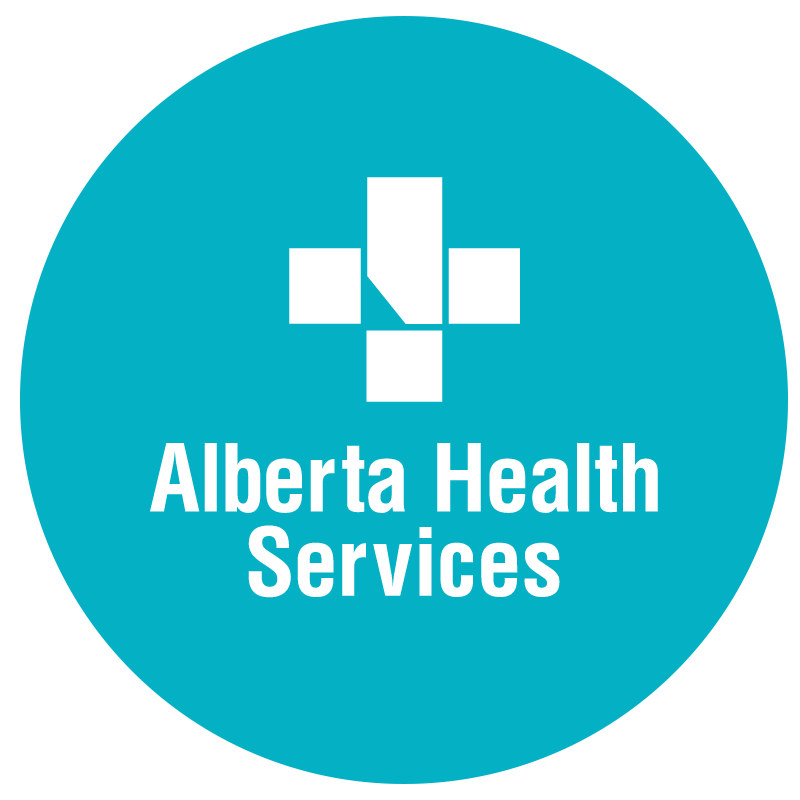
Seek Medical Attention
There are many options for getting medical help in the Edmonton area and you can find these options outlined on our I’ve been sexually assaulted recently page.

Do Nothing
There are many options for getting medical help in the Edmonton area and you can find these options outlined on our I’ve been sexually assaulted recently page.
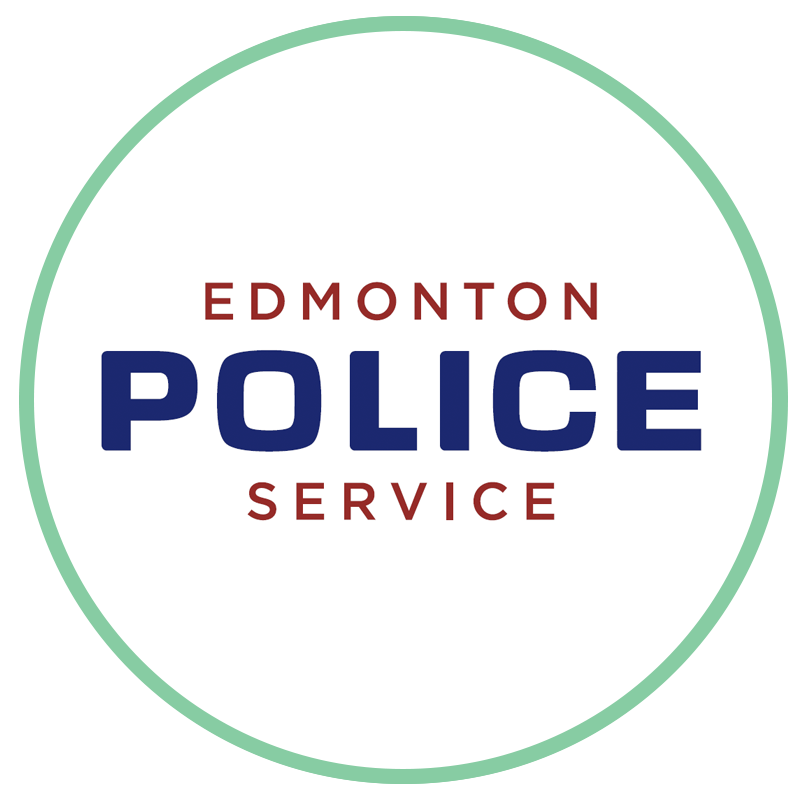
Report
There is no time limit to report a sexual assault. Visit our Police and Court Support services page for information on your options, and on the supports we offer for people who are considering reporting.
Seek Counselling and Other Supports
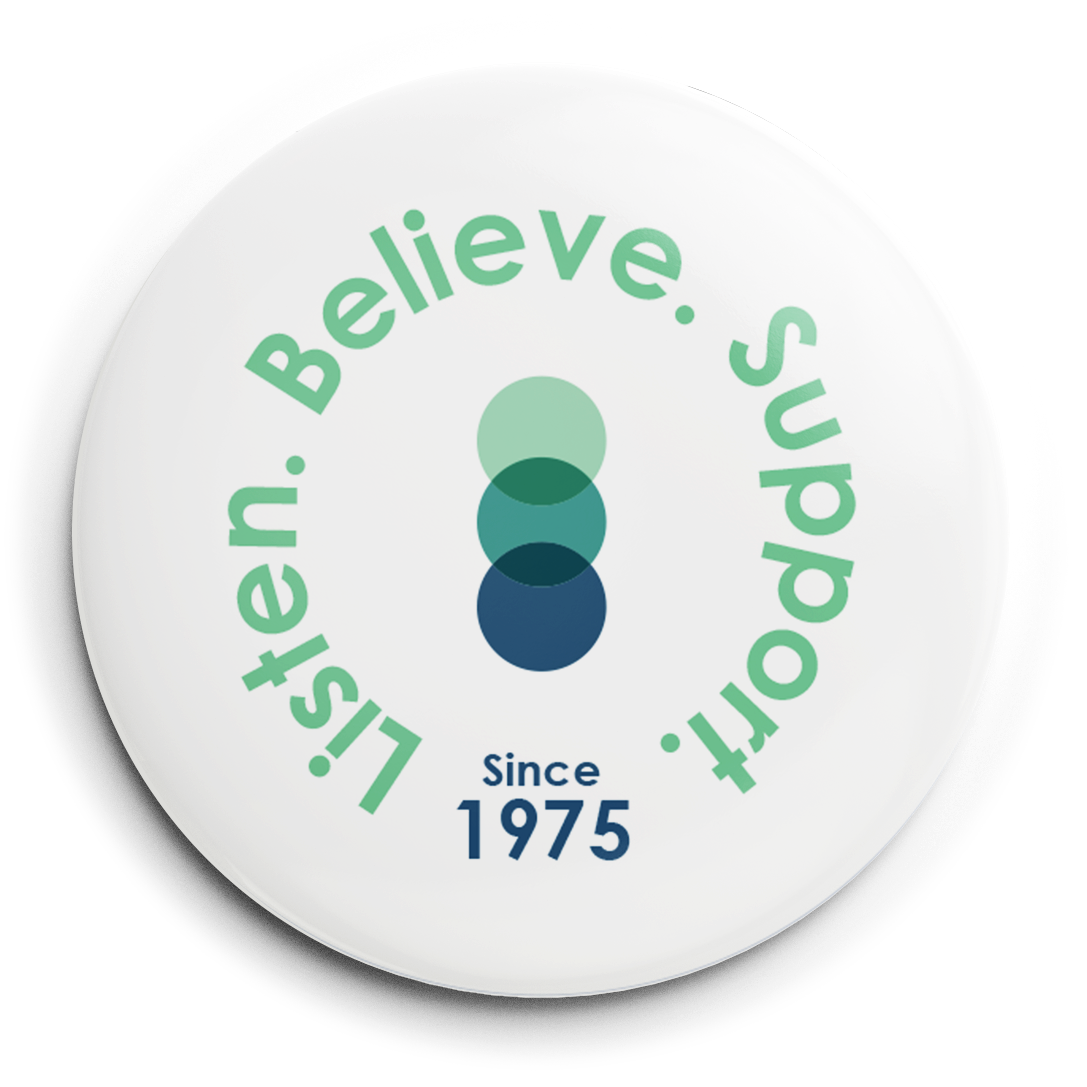
Sexual Assault Centre of Edmonton
We offer short-term (15 sessions) counselling at no fee. To learn more about the intake process and our counselling options, visit the Adult Counselling page.
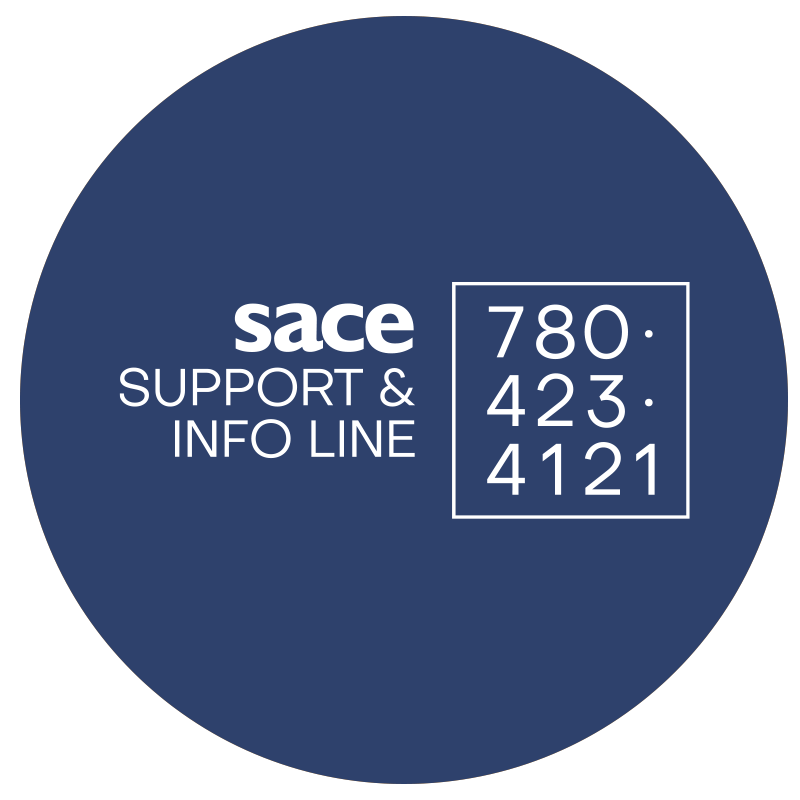
Support and Information Line
SACE operates a Support and Information Line available from 9 a.m. to 9 p.m. daily at 780.423.4121. Learn more about the Support and Information Line.

Alberta's One line
Additional support line options are available from 9 a.m. to 9 p.m. daily as part of our partnership with Alberta’s One Line. To access support by chat, tap the ‘Get Support Now’ banner in the bottom right of the screen. For text, toll-free long distance, or support through an interpreter for languages other than English, call 1.866.403.8000.
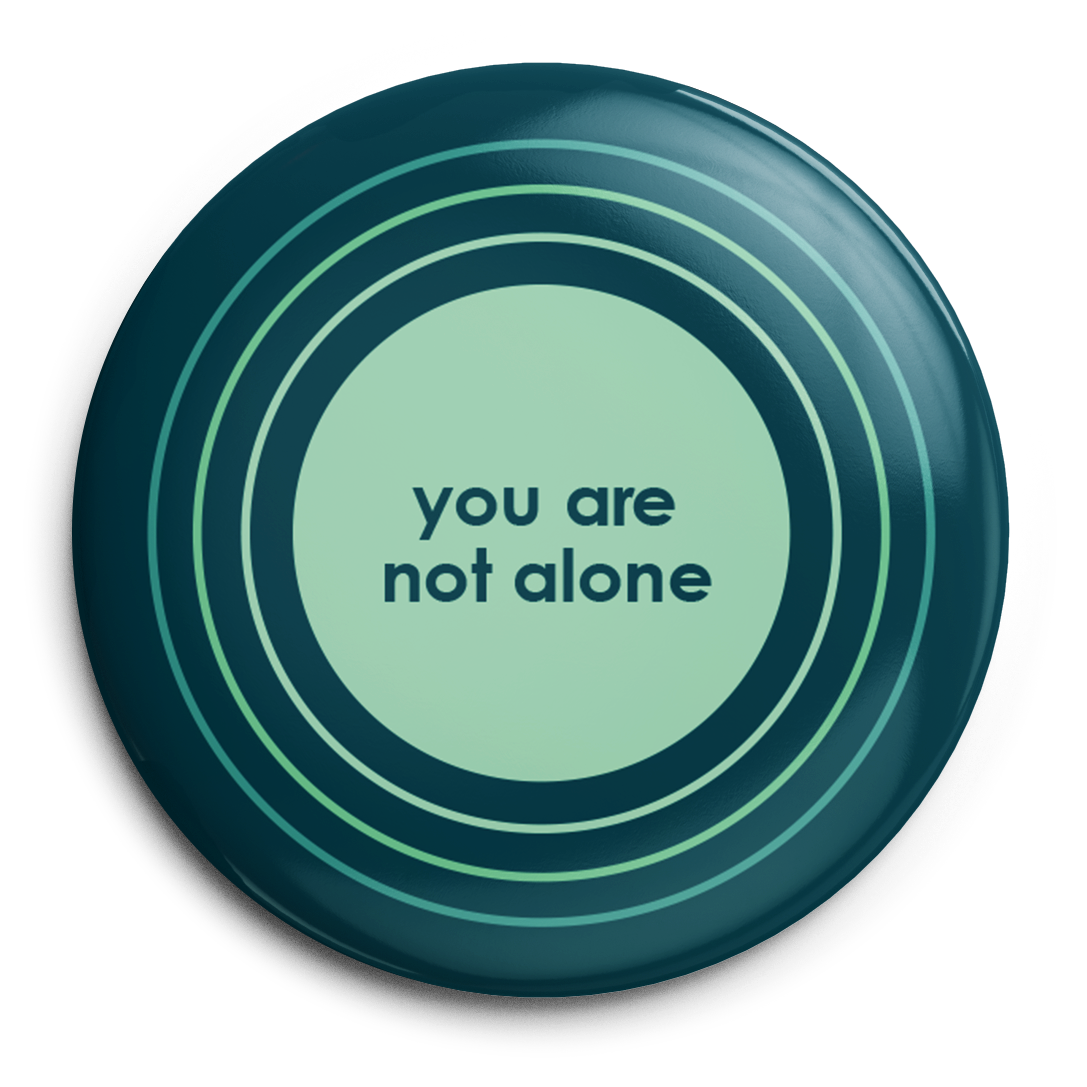
Other Counselling and Support Agencies
For other counselling and support services offered by agencies serving the Edmonton region, visit Community Resources or our printable Additional Counselling and Support Resources PDF.
Take Care of Yourself
Hearing a disclosure can be very upsetting, and if you have past experience with sexual trauma it may be triggering for you. It is very important to take care of yourself when you are supporting another person.
- Think about what your limits are (e.g. how will I know when I need to take a break? How will I know when I need to ask for help?) and respect these boundaries.
- Talk to someone you trust about how supporting this person is impacting you, whether it’s a friend, family member, counselling service or our support and information lines.
- Talk to someone you trust about how supporting this person is impacting you, whether it’s a friend, family member, counselling service or our support and information lines.
Educate Yourself
Learn about the issue so you can understand your loved one’s experience better, develop your support skills, or be a more informed advocate for people who experience sexual violence. You can find many resources on our Learn page.
Supporter's Workshop
SACE has created an online, self-paced workshop for people who are supporting friends or loved ones through their healing journey.
What to Do When a Child (Under 18) Discloses
Whether you’re a child’s parent, relative, friend, teacher or someone else they trust, the following points are important to keep in mind when a child discloses sexual abuse or assault. If you would like to talk to someone about how to respond to a disclosure or about how receiving a disclosure has impacted you, call the SACE Support and Information Line from 9 a.m. to 9 p.m. daily.

Try to Stay Calm
Receiving a disclosure from a child can bring up intense emotions, but it is important to remain calm. This is because if your emotions are too strong or out of control, the child may feel guilty about upsetting you, and may not tell you everything in order to protect you. If you do express how you are feeling, make sure to explain that the child is your main concern and that they have not done anything wrong.
Validate Their Feelings
However a child is feeling when they disclose to you is exactly how they should be feeling, even if those feelings do not align with your expectations. It is normal for children to have all kinds of negative and positive emotional responses; for example, it is common for children to have loving feelings toward the non-exploitative part of their relationship with the person who hurt them, especially if that person was a caregiver. Tell the child that how they are feeling is okay and makes sense.
Tell the Child You Believe What They Are Telling You
It is often a child’s biggest fear that the people they care about won’t believe their story. This means that reaching out to an adult can take a lot of courage and strength, and if their story is minimized or denied they may be pushed back into silence. By showing the child that you take what they are saying to be true, you are helping them to feel safe and to feel more comfortable seeking help.
Tell the Child It Is Not Their Fault
Child sexual abuse is never the child’s fault; telling the child it is not their fault can help to reduce feelings of guilt and self-blame. Reassure the child that however they responded when it was happening is normal and exactly what they needed to do at the time to get through it. Reassure them that the only person who did something wrong was the offender and that the child didn’t (and couldn’t) do anything to make it happen.
Ask Permission Before Giving Physical Support
It is important to not assume that physical affection – like hugs – will be helpful to the child because at this time uninvited physical touch may remind them of how it felt when they were being hurt. Instead, it is up to the child to decide if physical support will be helpful or stressful, and it is up to you to listen to their words and body language. Although it can be difficult, do your best to not take their reactions personally.
Avoid Making Promises
Ensure the child that you will help them, but do not make promises that you may not be able to keep; You cannot know how the authorities will respond to the report, how others will respond to the child’s disclosure, or what will happen to the offender.
Report
In Alberta, all adults (over 18) have the legal responsibility to report anytime they suspect a child may be experiencing any type of abuse; you do not need a disclosure to report. Do not contact the parents if their child discloses sexual assault – you must always report it to authorities first.
- Provide as much information as possible:
- Prior to calling or speaking with anyone, write down detailed notes of what the child said.
- Report even if you only have partial information.
- Document your conversation including content, date, time, and the name of the person you spoke to.
Take Care of Yourself
Hearing a disclosure of child sexual abuse can be very upsetting, and if you have past experience with sexual trauma it may be triggering for you. It is very important to take care of yourself when you are supporting a child.
- Think about what your limits are (e.g. how will I know when I need to take a break? How will I know when I need to ask for help?) and respect these boundaries.
- Talk to someone you trust about how your support role is impacting you, whether it’s a friend, family member, counselling service or the SACE support line.
- Practice self-awareness by listening to yourself and allowing yourself to feel your own feelings.
Educate Yourself
Learn about the issue so you can understand your loved one’s experience better, develop your support skills, or be a more informed advocate for people who experience sexual violence. You can find many resources on our Learn page.

